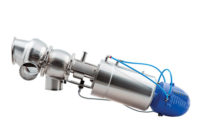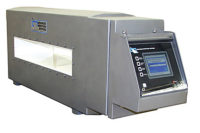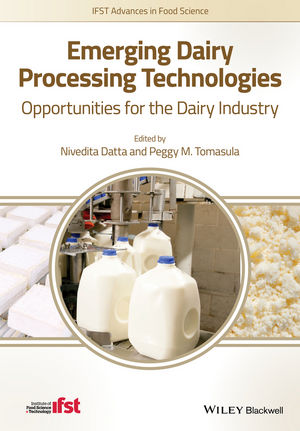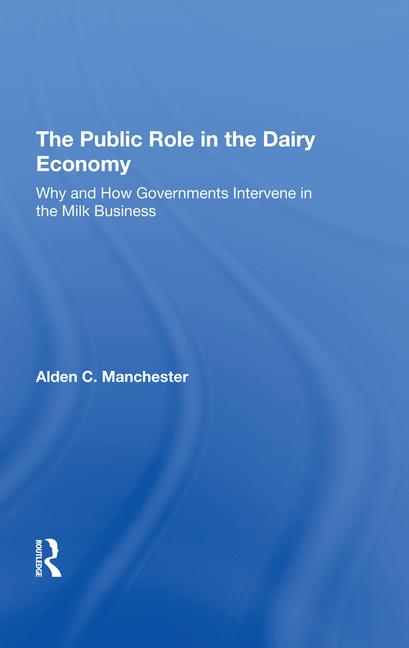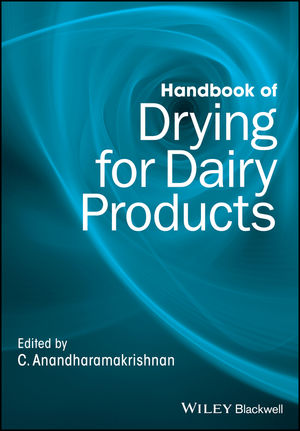Select the best pumps and valves for your dairy plant
Manufacturers of pumps and valves discuss what’s driving advances and highlight the latest and greatest equipment

Sanitary Solutions’ new Y-ball check valve allows maximum in-line flow capabilities, increasing product volume and reducing time spent in processing lines.

Fristam Pumps’ new FDS twin screw pump provides versatility because of its dual-duty capability — production and CIP can be done with one pump.


Pumps and valves help dairy processors keep everything in the plant running as smoothly and efficiently as possible. Choosing the right equipment is important to the overall safety, sanitation and efficiency of every plant. We spoke with several manufacturers of pumps and valves to discuss the latest technology advances and how new equipment could benefit dairy processors.
Innovation drivers
A few themes are driving technology innovation in the dairy industry — including easier maintenance for equipment; efforts to reduce waste, energy, resources and cost; and a focus on food safety concerns to reduce product recalls or quality issues, said Grant Gramlich, business development manager for the hygienic markets for PSG, a Dover company, Oakbrook Terrace, Ill.
“Dairy processors are looking for ways to be more innovative, efficient and profitable within their manufacturing processes,” added Samuel Gonzalez, bilingual applications engineer for Fristam Pumps USA, Middleton, Wis.
He noted that processors are looking for suppliers that can offer a wide range of pumping technology, and they want experts who can help them apply that technology correctly.
When it comes to development in pumps, important features are those that help increase uptime, optimize energy-efficiency, improve hygienic performance and increase levels of reliability to maximize plant productivity, said Vipul R. Mistry, global product manager – pumps, food and beverage for SPX Flow Inc., Charlotte, N.C.
All of the developments are aimed at helping to ensure processing hygiene is maximized while the total cost of ownership of the pumps is reduced, Mistry added.
“With all the focus on food safety, FSMA/FDA regulations and product integrity, new pump innovations need to keep up with industry demand,” said Chuck Treutel, national sales manager for Watson-Marlow Fluid Technology, Wilmington, Mass.
Easy-to-clean equipment, especially that with clean-in-place (CIP) options, is becoming more important to guarantee a repeatable cleaning result that ensures that no residuals remain within the pump and/or valve, Treutel noted.
In regard to valve innovation, consolidation of dairy companies is leading to larger plants with greater production capacity and process volume, resulting in increased demand for larger equipment sizes, said Chris Sinutko, global product manager − valves, food and beverage for SPX Flow Inc.
“Alongside the demand for large valve sizes, processors that make products such as cheese, creams and yogurts require gentle product handling to maintain the integrity of their goods,” he added.
Find the best pumps
Gonzalez noted that pumps are used in numerous parts of production within a plant, so choosing the right pump is critical. Fristam Pumps recently added the FDS twin screw pump to its line, which he said provides versatility because of its dual-duty capability.
“Because of the wide operating speed range of a twin screw pump, production (usually less than 700 rotations per minute [RPM] and CIP (up to 3500 RPM) can be done with one pump instead of two, eliminating the need for extra pumps and valves,” he explained. “This is a major advantage for a processor who is looking to conserve cost on energy and additional spare parts, not to mention floor space.”
One important introduction is that of twin screw sanitary pumps, said Bob Garner, engineering manager for Ampco Pumps Co., Glendale, Wis. Ampco’s QTS twin screw pump offers gentle solid particulate-carrying capabilities in products such as yogurt with fruit, he said. The velocity and speed of this pump make it able to be cleaned in place without another CIP pump, which makes the QTS a dual-purpose pump, he noted.
Certa pumps, the latest innovation from Watson-Marlow’s MasoSine line, also play an important part in conveying foods safely and without degradation throughout the manufacturing process, Treutel said.
And PSG’s Wilden brand manufactures air-operated double-diaphragm pumps. Its Hygienic Series pumps have earned a CIP rating and European Hygienic Engineering & Design Group (EHEDG) approval rating. The company’s Pure-Fuse diaphragm is the latest hygienic diaphragm technology; it combines the traditional outer piston and diaphragm into one single piece. This offers a longer diaphragm life, and there are no dead spots or cracks to fail prematurely and capture bacteria that could lead to product recalls, the company said.
Choose the right valves
Dairy processors also must consider a few major points when selecting valves, including hygienic design, process safety and ease of maintenance, said Enrico Koeninger, technical director for Rieger Flow Products LLC, Kenosha, Wis.
“This is exactly where the focus was put on for design and manufacturing of valve technology,” he explained. “Every craftsman or system integrator loves flexibility when it comes down to installation of equipment. Process safety is a must-have, and an ease of maintenance reduces the maintenance time and, therefore, maintenance costs for the plant.”
Rieger’s PMO Mix Proof Valve N2 has only four gaskets in contact with the product, which reduces maintenance time and costs, Koeninger said. The design features unique O-ring grooves that don’t require special tools for maintenance. An additional metallic stop is a safety feature for the process to safely separate the two lines with different media.
SPX Flow, meanwhile, offers its large 8.0-inch Waukesha Cherry-Burrell W60 Series single-seat valves, which enable dairy processors to increase production capacity and volumes, Sinutko said. The valves also allow processors to empty tall silos and raw milk tankers faster, as well as meet stringent hygienic demands with CIP capability.
And Sanitary Solutions Inc., West Columbia, S.C., recently launched a 4-inch Y-ball check valve. The company is the first and only in the industry to offer this type of valve, according to Kevin McDonald, inside sales representative. The Y-ball check valve allows maximum in-line flow capabilities, increasing product volume and lowering time spent in processing lines, he said.
“This means more gallons per day and, in turn, more money for the user,” McDonald added.
New challenges
The growing market for whey protein, lactose and milk powders creates a new challenge for dairy processors, said Jeff Tocio, national sales manager for Pentair, Minneapolis. Pentair’s F250 powder valve features advanced butterfly valve seat technology based on years of development working closely with powder-handling specialists.
“The valve provides optimized performance in this [type of] harsh, abrasive environment,” Tocio explained. “One of the main features of the valve, the deflection zone (ski-jump), minimizes direct impingement of high-velocity product particles on the sealing surfaces.”
Tocio added that dairy plants are being challenged to process a wider variety of products and equipment, so manufacturers must continue to innovate to meet those demands.
Looking for a reprint of this article?
From high-res PDFs to custom plaques, order your copy today!




